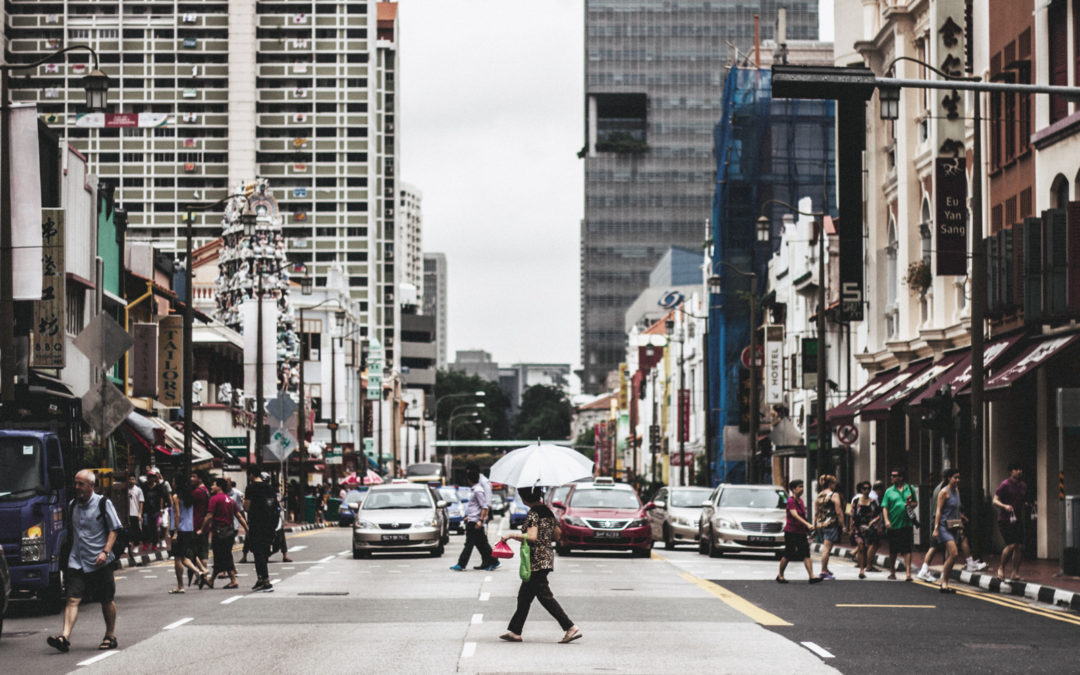In Singapore, the enforcement of a good crime enforcement system has significantly reduced the level of crime rates and illegal activities in Singapore. However, in the past, where the presence of illegal activities/pirated transactions was rampant, it may have otherwise undermined the level of Gross Domestic Product (GDP) and hence living standards by excluding a large portion of the income and activities generated in the underground economy. Hence, there is an overestimation of the improvement in living standards of Singapore.
Furthermore, if the percentage increase in price level or population or both are to rise above the percentage increase in GDP, the percentage increase in real per capita income will not rise, implying that there is no improvement in standard of living (SOL).
The increase in national income may not imply that the SOL of the whole nation has improved since the increase in real per capita due to a rise in GDP may not take into consideration the actual distribution of income. This means that not all the citizens will experience rise in real per capita income, indicating an increase in purchasing power.
It is also important to take note of the composition of production. Even if the GDP increases does contribute to growth in production capacity, the low level of production of welfare good such as does not improve the lives of the people.
Lastly, it is imperative to assess the qualitative aspect of standard of living such as the stress level and level of externalities. Therefore, qualitative indicators like Measurement of Economic Welfare (MEW) or Human Development Index (HDI) will be needed as MEW reflects the monetized value of intangible aspects of SOL, while HDI reflects the progress of well-being of the individuals.


